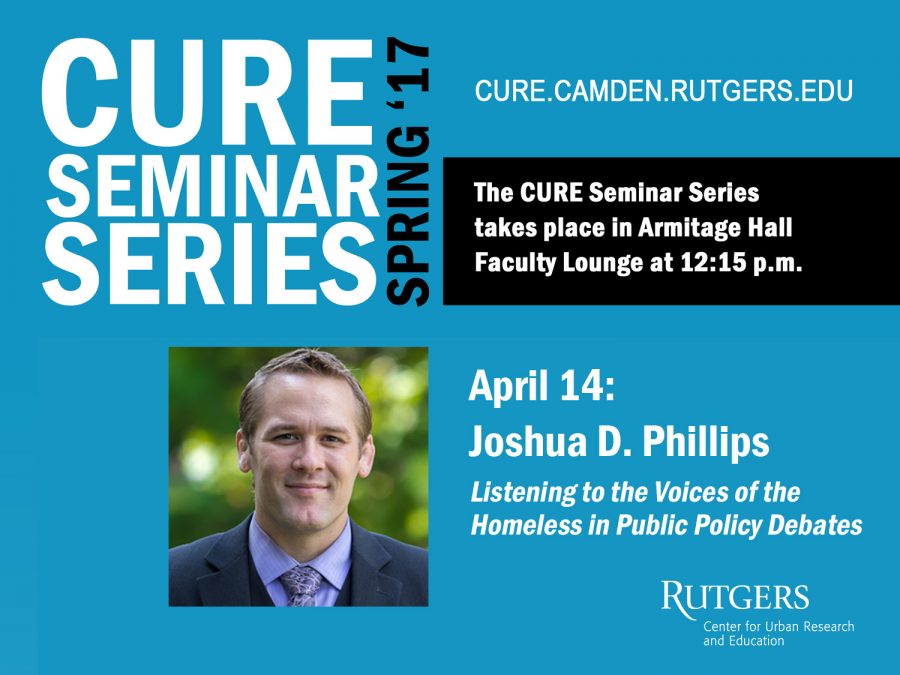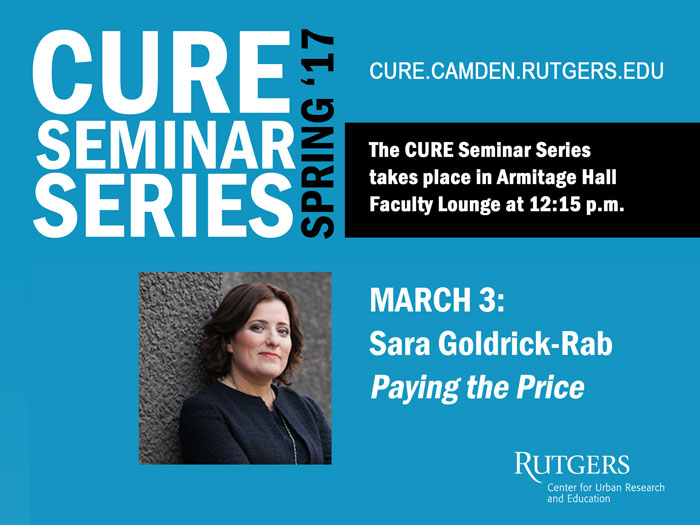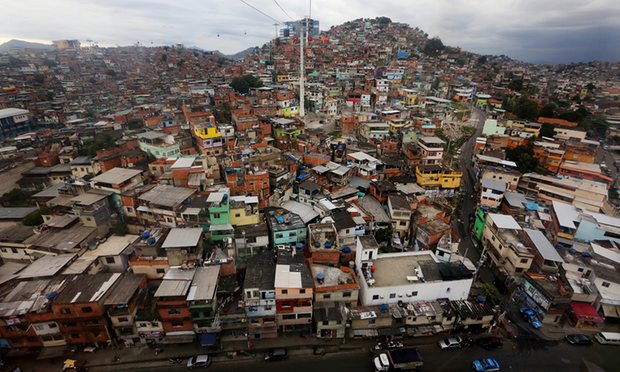 A half-century after the “War on Poverty” of Lyndon Johnson, poverty rates remain unchanged. Scholars have advanced polarized theories about the causes of poverty, as politicians have debated how (or if) to fund welfare programs. Yet little research has been conducted where the poor are provided a platform to speak on their own behalf. While it is important to understand how economic systems affect the homeless, it is equally important to learn about the day-to-day realities faced by those who rely on public policies for survival. Over the course of 10 years, Dr. Phillips has worked with numerous homeless communities, including communities in Camden, NJ, central Michigan, and southern Illinois. Drawing on the author’s experience working in homeless communities, this research presents some of the stories of loss, abuse, addiction, and marginalization through interviews, observations, and ethnographic research.
A half-century after the “War on Poverty” of Lyndon Johnson, poverty rates remain unchanged. Scholars have advanced polarized theories about the causes of poverty, as politicians have debated how (or if) to fund welfare programs. Yet little research has been conducted where the poor are provided a platform to speak on their own behalf. While it is important to understand how economic systems affect the homeless, it is equally important to learn about the day-to-day realities faced by those who rely on public policies for survival. Over the course of 10 years, Dr. Phillips has worked with numerous homeless communities, including communities in Camden, NJ, central Michigan, and southern Illinois. Drawing on the author’s experience working in homeless communities, this research presents some of the stories of loss, abuse, addiction, and marginalization through interviews, observations, and ethnographic research.
Joshua D. Phillips, Ph.D., is an instructor in the Department of Communication Arts and Sciences at Pennsylvania State University, Brandywine. His scholarly interests are in rhetoric, narrative, and intercultural communication with specific focus on issues of homelessness, poverty, welfare, race, and sexual violence. His new book, Homeless: Narratives from the Streets, recounts stories of homelessness in an effort to improve public policy.
In 2010, he published his first book 1,800 Miles: Striving to End Sexual Violence, One Step at a Time. His recent publications include “Trial by Social Media: How Misleading Media and Ideological Protests led to Disastrous Results in the State of Florida v. George Zimmerman,” “LeBron James as Cybercolonized Spectacle: A Critical Race Reading of Whiteness in Sport,”“Dancing as Voice: The Rize of Krumping and Clowning as Black Vernacular Rhetoric,” “Black Women and Gender Violence: Lil’ Wayne’s ‘How to Love’ as Progressive Hip Hop,” and “Crystal Mangum as Hypervisble Object and Invisible Subject: Black Feminist Thought, Sexual Violence, and the Pedagogical Repercussions of The Duke Lacrosse Rape Case.”
Visitor Parking
Parking in Rutgers–Camden lots is by permit only. Visitors to Rutgers–Camden should obtain a temporary permit to park in a lot from 8 a.m. Mondays through 5 p.m. Fridays. Contact Parking and Transportation for more information.
Parking and Transportation
(within the Rutgers University Police Department)
409 North Fourth Street
(856) 225-6137
Visit these sites for directions to campus and to view a campus map
Date & Time
April 14, 2017
12:15 pm-1:30 pm
Location
Armitage Hall
Faculty Lounge, 3rd Floor
311 N. Fifth St.
Camden, NJ


 Dozens of official legacy promises were made to Rio de Janeiro’s citizens that would come as a result of hosting August’s Olympic Games. In the end, what Rio experienced was a very public six year “boom and bust” resulting in deep skepticism and anger over the failed legacies of the Games. Now, two months after the Games, Brazil is living through a deep economic recession, and in Rio crime rates and unemployment are rising while resources dry up, the police are downsizing, and the international media are swooping off to cover the next beat. The Olympics, which invested some $15 billion in the city, feel like a distant memory. And the past week’s mayoral election also brings an entirely new political agenda to the table.
Dozens of official legacy promises were made to Rio de Janeiro’s citizens that would come as a result of hosting August’s Olympic Games. In the end, what Rio experienced was a very public six year “boom and bust” resulting in deep skepticism and anger over the failed legacies of the Games. Now, two months after the Games, Brazil is living through a deep economic recession, and in Rio crime rates and unemployment are rising while resources dry up, the police are downsizing, and the international media are swooping off to cover the next beat. The Olympics, which invested some $15 billion in the city, feel like a distant memory. And the past week’s mayoral election also brings an entirely new political agenda to the table.